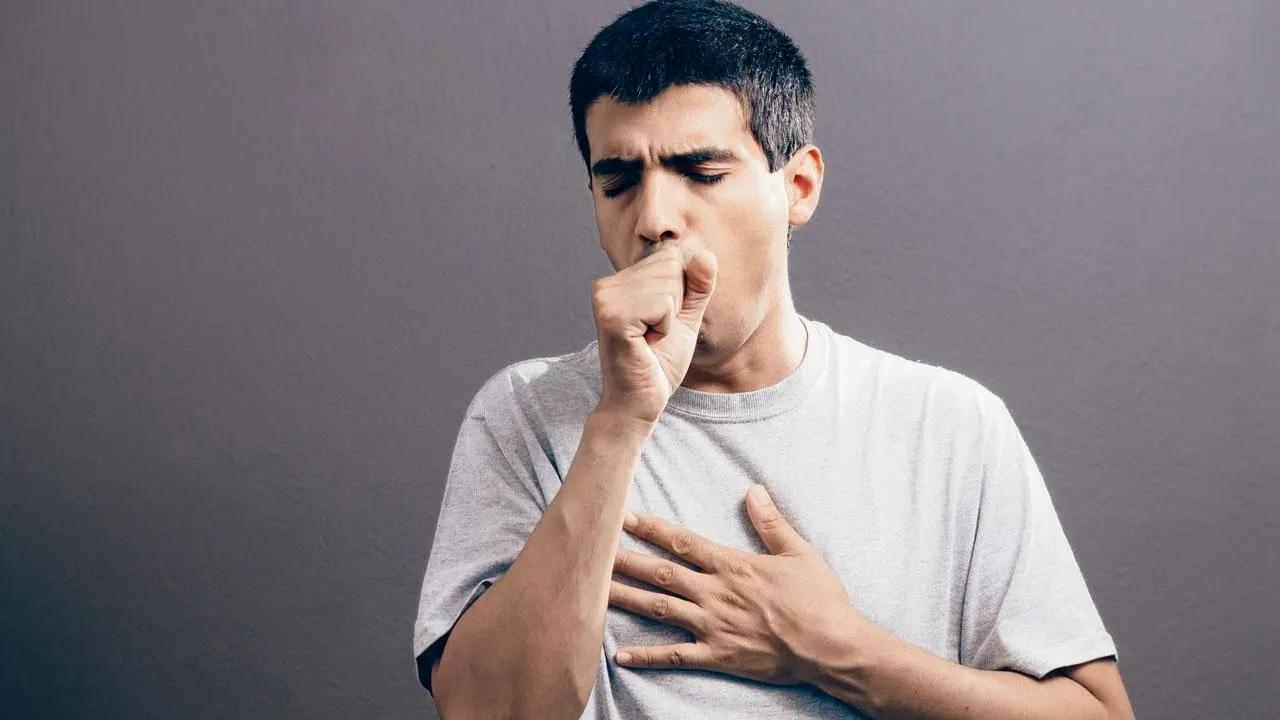Severe cases of COVID-19 can cause lung damage leading to a weakened respiratory system. We have a health expert share insights and preventive tips to ensure healthy lungs

Image for representational purposes only. Photo Courtesy: iStock
Lung infections can occur in individuals who have recovered from COVID-19, although the risk varies among individuals depending on their comorbid illnesses and the severity of Covid infection. Dr Rahul Kendre, lung transplant physician, DPU Private Super Speciality Hospital, Pimpri, Pune explains how Covid-19 can lead to long-term lung-related issues.
COVID-19 and lung damage
Severe cases of COVID-19 can cause lung damage, such as inflammation, scarring and pulmonary fibrosis. These conditions can weaken the respiratory system’s defences and make individuals more susceptible to subsequent lung infections.
Pneumonia
Pneumonia is one of the most common lung infections that can occur after COVID-19. It can be caused by bacteria, viruses or fungi and may require specific treatments, such as antibiotics or antifungal medications, depending on the underlying cause.
ADVERTISEMENT
Fungal infections
We have seen many cases of fungal infections following Covid due to damaged lungs and weakened immunity giving a favourable environment for fungal growth especially Aspergillus (white fungus) or Mucormycosis (black fungus). These fungal infections could be life-threatening and can spread to other organs, especially to the brain and are commonly seen when patients have diabetes with high blood sugar levels
Secondary infections
Covid-19 itself or immunosuppressant medications used in severe cases weakens the immune system, leaving individuals vulnerable to secondary infections. These infections can include bacterial pneumonia, bronchitis or other respiratory infections. Prompt medical attention is crucial if symptoms such as persistent cough, difficulty breathing, fever or chest pain occur.
A common misconception is that those who have received Remdesivir are at risk of future complications but per se Remdesivir is just an antiviral medication and though it's not proven to be useful in Covid infection and was used in desperate situations, it doesn't cause any major adverse effects or immunosuppression and doesn't tend to cause future complications.
Long COVID
Some individuals experience lingering symptoms after recovering from COVID-19, a condition known as long COVID or post-acute sequelae of SARS-CoV-2 infection (PASC). Lung-related symptoms, such as shortness of breath, chest tightness and cough, can persist and increase the risk of developing lung infections.
Prevention
It is important to maintain good lung health and take preventive measures to reduce the risk of lung infections. This includes good hand hygiene, taking vaccination against COVID-19 and other respiratory illnesses such as pneumococcal and influenza infections, especially for those who have risk factors like diabetes or any chronic kidney or liver disease, especially smokers and elderly age group patients.
Avoiding exposure to pollutants or irritants, following cough etiquette in society and quitting smoking are some preventive measures.
Those who have had severe Covid pneumonia and show a persistent drop in oxygen saturation below 88-90 % are supposed to take home oxygen with either an oxygen concentrator or cylinder with advice from a chest physician. Such patients need to do chest exercises like deep breathing, spirometry and endurance exercises to maintain good lung capacity. They are advised to do a pulmonary function test and HRCT chest periodically and consult their physician to monitor their lung capacity if it is noticed to be decreasing at a faster rate and if their oxygen requirement is increasing. In such a case, they might be referred for lung transplant opinion and evaluation.
Also Read: Combatting bad breath: Expert tips to get rid of a stinking mouth
 Subscribe today by clicking the link and stay updated with the latest news!" Click here!
Subscribe today by clicking the link and stay updated with the latest news!" Click here!







